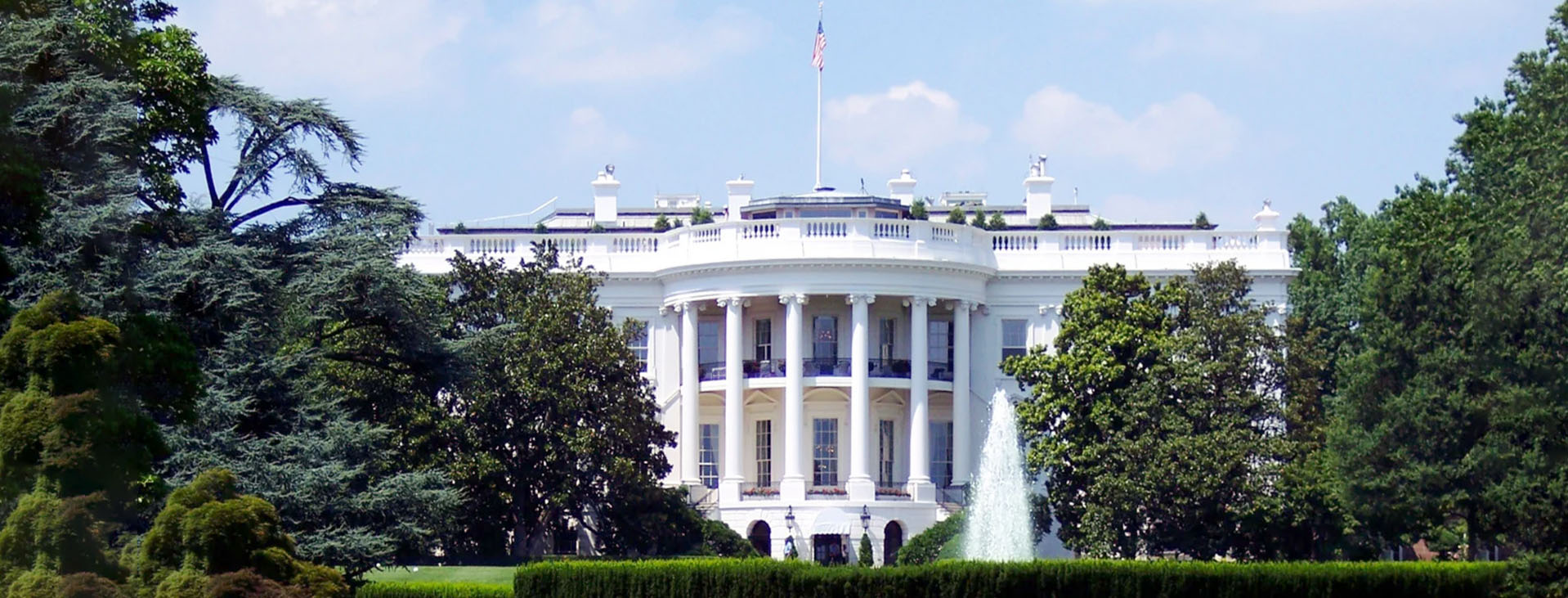
專家「聯」綫:特朗普再入主白宮(只提供英文版本)

|
The citizens of the United States have voted: Donald Trump will be returning to the White House after serving his term in office from 2016 to 2020. Under Trump, the focus will be on tax, trade and immigration policy – with adverse effects for Europe. How will the capital markets react?
Second term brings more unpredictability
Trump's second presidency is likely to be even more unpredictable than his first term. At that time, Trump was surrounded by more moderate forces that tried to prevent major missteps. This time, Trump's entourage consists almost exclusively of people who support him uncritically. In terms of economic policy, tax, trade and immigration policy are likely to be crucial. Trump wants to close the borders to migrants and deport illegal immigrants on a large scale. This would have far-reaching effects on the labour market and the capital market environment.
Majority in Congress crucial
How many of his plans Trump can actually implement depends not least on the majorities in the Senate and the House of Representatives. Since the Republicans are expected to win a clear majority in Congress, the new US president should have a If Trump is able to govern as he wishes, this will have consequences for fiscal and budgetary policy in particular.
Initial market reaction positive
The capital market initially reacted positively. Futures contracts for US equities rose, with small and mid-sized stocks achieving particularly high price gains. This reflects the expectation that Trump will reduce regulation and lower corporate taxes, which will support profit growth, at least in the short term. The US dollar also appreciated: On Wednesday, the dollar index, which measures the exchange rate of the US dollar against a basket of major trading currencies, reached its highest level in a year. The reason for this lies in the rise in US government bond yields, which was caused by concerns about an inflationary economic policy and escalating fiscal deficits. By contrast, the euro came under particular pressure as the market began to price in the new adverse effects of a tariff and foreign policy under Trump.
資料來源: Union Investment, 截至2024年11月6日
Joy could soon be followed by disillusionment
After investors' short-term joy at the prospect of potentially lower corporate taxes, disillusionment is likely to follow in the long term: in the medium to long term, Trump's policy mix of more debt, higher inflation and a tougher trade policy is likely to have a negative impact. In short, the longer his presidency lasts, the more the negative points will weigh.
Outlook for individual sectors in the USA
With regard to the individual sectors in the US economy, the construction industry, agriculture and the service sector, for example in the catering industry, are likely to face considerable problems. In addition, the expected shortage in the labour market is likely to lead to rising wages and thus to higher inflation. With regard to trade policy, the Republican candidate has proposed tariffs of 60 per cent on Chinese imports, in addition to ending imports of essential goods such as pharmaceutical and electronic products. This would primarily have a negative impact on low- and middle-income households. It would also be critical for companies that either produce a lot in China or generate a large share of their sales there. The latter would have to expect retaliation from China. Utilities would face tougher conditions, as some investment incentives in renewable energies (especially offshore wind) would be cancelled. In the bond markets, yields are likely to tend higher in view of rising government debt, especially for longer maturities.At least in the short term, oil and gas companies, as well as banks and insurance companies, should benefit from the prospect of the announced deregulation. The property sector could also be boosted by more relaxed lending practices.